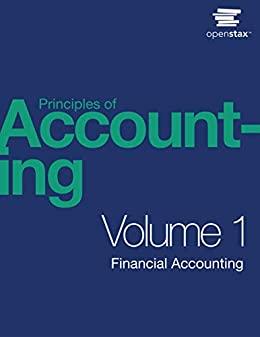31 An adjusting entry could be made for all of the following except: 1 out of Select one: O a. Accrued revenues uestion O b. Depreciation expense Oc Prepaid expenses. O d. Owner withdrawals. Oe. Unearned revenues. 32 Unearned revenues are: ed Select one: O a. Increases to owner's equity. out of question O b. Liabilities created by advance cash payments from customers for products or services. Oc Revenues that have been earned and received. O d. Revenues that have been earned but not yet collected. Oe. Recorded as an asset in the accounting records, 33 3 Which type of business organization cannot be owned by one person? Select one: O a Sole Proprietorship. out of O b. Partnership question Oc Corporation O d. Two of the above. O e. All of the above. An account balance is: Select one: O a. The same as the balance sheet equation. O b. The difference between the increases (including the beginning balance) and decreases recorded in an account. Oc. The total of the debit side of the account. Od. The total of the credit side of the account. O e Not used in the real world. The accounting principle that states that revenue is recorded at the time that it is earned regardless of whether cash or another asset has been exchanged is the Select one: O a. Going Concern Principle. O b. Revenue Recognition Principle. OC Business Entity Principle. O d. Currency Principle. O e Historical Cost Principle. nyt The process of copying journal information to the ledger is called: Select one: O a. Journalizing O b. Double-entering. OC. An internal business transaction. O d. Posting O e. An external business transaction. Which of the following accounts will NOT show on the post-closing trial balance? Select one: Owner's Equity. O a. O b. Rent Expense. O c. Accounts payable. O d. Cash To include the personal assets and transactions of a business's owner in the records and reports of the business would be in conflict with the Select one: O a Business entity principle. b. Currency principle. Oc Going concern principle. O d. Revenue recognition principle. O e Historical cost principle. The accounting principle that requires financial statements to reflect the assumption that the business will contine operating instead of being closed or sold, unless evidence shows that it will not continue, is ther: Select one: O a. Going concern principle. O b. Historical cost principle. Oc Revenue recognition principle. Od Business entity principle. Oe. Currency principle. The broad principle that requires expenses to be reported in the same period as the revenues that were earned as a result of the expenses is called the Select one: O a Revenue recognition principle. O b. Historical cost principle. O c Expense recognition principle. O d. Matching principle. O e. Time period principle
















